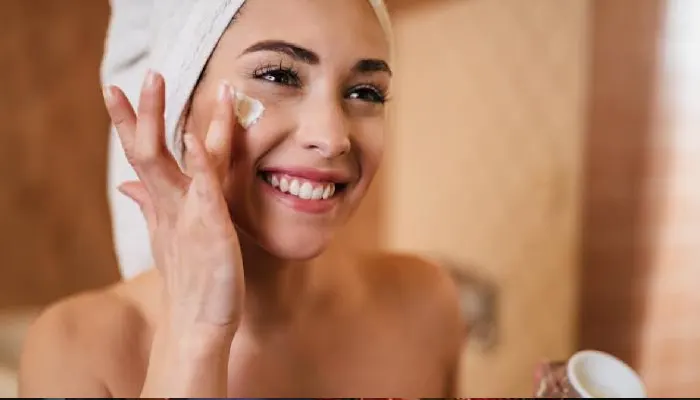The ABCs of Summer SPF- Understanding Sunscreen Labels and Choosing the Right Protection for Your Skin
- Admin
- 1 year ago
- 4 minutes read

As the summer season approaches, the days of donning long protective sleeves and woollen mufflers covering half of our faces are gone. However, with more exposure to the sun comes greater risk of skin damage, making effective sun protection essential.
Sunscreen remains a critical tool in combating harmful UV rays, but the vast array of products available can make choosing the right one somewhat daunting. Here’s a guide to understanding sunscreen labels and selecting the best protection for your skin this summer.
Understanding SPF (Sun Protection Factor)
The Sun Protection Factor or SPF is a measure of how well a sunscreen will protect your skin from UVB rays, the kind of radiation that causes sunburn and contributes to malignant diseases of the skin. SPF ratings range from 15 to over 50. The number indicates how much longer you can stay in the sun without burning while using the sunscreen as compared to having no protection at all. For example, if you would normally start to burn after ten minutes out in the sun, applying a sunscreen of SPF 30 would let you to stay in the sun for approximately 300 minutes (a factor of 30 times longer) without burning. However, this is a theoretical maximum, and real-world effectiveness can depend on proper application.
Broad Spectrum Protection
While SPF measures sun protection against UVB rays, UVA rays also pose significant risks, including skin aging and malignancies. A broad-spectrum sunscreen protects against both UVA and UVB rays. This dual protection is crucial for preventing long-term skin damage. The U.S. FDA requires sunscreens labelled as “Broad Spectrum” to pass a specific test that measures their ability to protect against UVA and UVB rays. Always look for the “Broad Spectrum” label when choosing a sunscreen.
Water Resistance
If you plan on swimming or expect to sweat, choose a water-resistant sunscreen. Note that no sunscreens are waterproof, and all sunscreens need to be reapplied after a certain period of time in the water. Labels may state either 40 or 80 minutes of water resistance. It’s important to reapply immediately after swimming, towelling off, or sweating for continued protection.
Ingredients
Sunscreen ingredients can be divided into two major types – chemical and physical. Chemical sunscreens absorb UV radiation through their chemical ingredients, such as oxybenzone and avobenzone. Physical sunscreens, on the other hand, reflect and scatter UV radiation using mineral ingredients such as titanium dioxide and zinc oxide. Physical sunscreens tend to be better for sensitive skin and provide immediate protection upon application, unlike chemical sunscreens, which need about 30 minutes to begin working.
Application and Dosage

A common mistake people make is not using enough sunscreen. Dermatologists recommend using approximately one ounce to cover all exposed skin. Sunscreen should be applied 15 to 30 minutes before going outdoors and reapplied every two hours, or more often if you’re sweating or swimming.
Sun Protection for Different Skin Types
Choosing the right sunscreen also depends on your skin type. Those with fair skin that burns easily may require a higher SPF. People with darker skin, while less susceptible to sunburn, can still benefit from sunscreen to prevent long-term damage and protect against skin diseases. For sensitive skin, look for sunscreens with physical blockers like zinc oxide and titanium dioxide, as they are less likely to cause skin irritation.
Expiry Dates and Storage
Sunscreens have expiry dates, and their protective ingredients can degrade over time, especially if the sunscreen is stored in a hot or sunny place. Always check the expiry date on the packaging and store sunscreen in a cool, dark place to maintain its efficacy.
Understanding the intricacies of sunscreen labels is essential for selecting the right product that offers adequate protection. With the right SPF, broad-spectrum coverage, and appropriate application, you can enjoy the summer sun while safeguarding your skin against potential damage.












